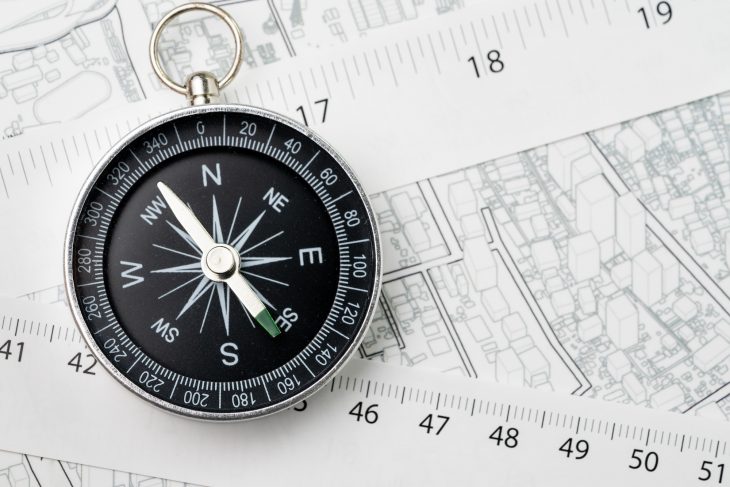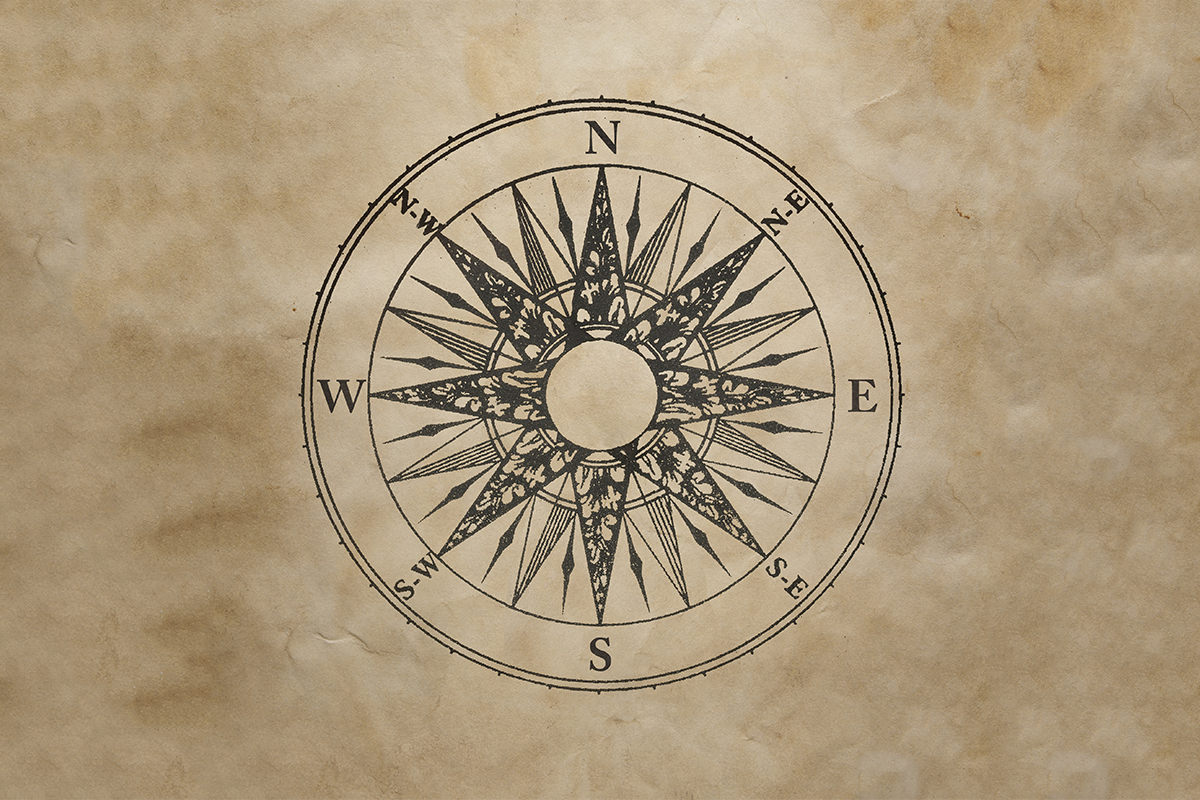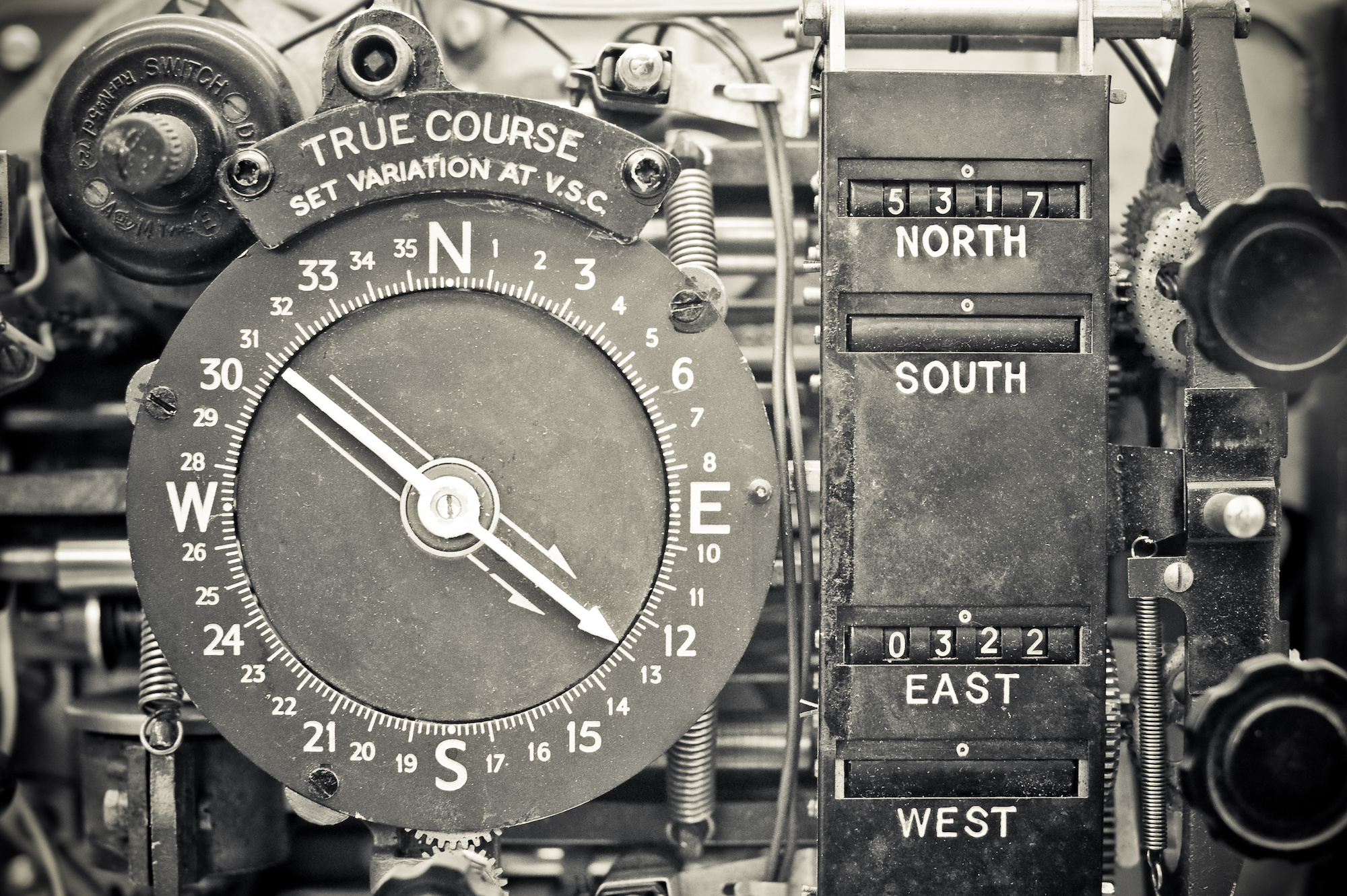
The compass is an ancient navigational instrument that has played a pivotal role in guiding explorers, sailors, and adventurers throughout history. With its simple yet powerful design, the compass has provided reliable direction in both land and sea journeys. In this article, we will explore 15 fascinating facts about the compass, shedding light on its origins, significance, and influence on human exploration.
The Invention of the Compass
The compass was invented during the Chinese Han Dynasty in the 2nd century BCE. It was initially used as a divination tool rather than for navigation. The Chinese discovered that a magnetized needle, when allowed to rotate freely, would align itself with the Earth’s magnetic field.
Early Compasses and their Usage
The earliest compasses were made of lodestone, a naturally magnetic iron ore. They were shaped like a spoon, with the handle pointing south and the bowl indicating north. These early compasses were primarily used for geomancy, fortune-telling, and religious ceremonies.
European Adoption of the Compass
The compass reached Europe in the 12th century through trade routes, specifically during the Crusades. Its arrival revolutionized navigation, enabling sailors to determine their direction accurately, even when out of sight of land.
The Magnetic Declination
One of the essential concepts related to the compass is magnetic declination. Magnetic declination refers to the difference between true north (geographic north) and magnetic north (the direction the compass needle points). This variation varies across different locations and changes over time.
The Compass Rose
A compass rose is a figure on a compass or map that displays the cardinal directions—north, south, east, and west—as well as intermediate directions like northeast, northwest, southeast, and southwest. The compass rose allows for quick and easy orientation.

The Mariner’s Compass
The mariner’s compass, also known as the nautical compass, is specifically designed for maritime navigation. It features a gimbal-mounted compass card that remains level and steady despite the ship’s movement, ensuring accurate readings even in rough seas.
Magnetic Compass vs. Gyrocompass
The magnetic compass relies on the Earth’s magnetic field for direction, while the gyrocompass utilizes the rotation of the Earth for guidance. Gyrocompasses are more stable and accurate, especially in high latitudes, but they are also more complex and expensive than magnetic compasses.
The Compass and Exploration
The compass played a vital role in the Age of Exploration, enabling seafarers to navigate uncharted waters with confidence. It facilitated voyages of discovery, such as Christopher Columbus’s journey to the Americas and Ferdinand Magellan’s circumnavigation of the globe.
Cultural Symbolism of the Compass
Beyond its practical applications, the compass has acquired symbolic meaning in various cultures. It is often associated with guidance, exploration, and spiritual journeys. The compass rose, in particular, has been used as a motif in art, literature, and tattoos.
Advances in Compass Technology
Over time, compass technology has evolved. Modern compasses may include additional features like sighting mirrors, global positioning system (GPS) integration, and digital displays. These advancements have further enhanced navigation accuracy and convenience.
Compasses in Aviation
Compasses continue to be essential instruments in aviation. Aircraft are equipped with both magnetic compasses and gyroscopic compasses to ensure precise navigation and orientation, especially during flights over long distances.

The Use of Compasses in Outdoor Activities
Compasses are valuable tools for outdoor enthusiasts engaging in activities like hiking, camping, and orienteering. They provide a reliable means of finding directions, particularly when GPS signals may be weak or unavailable in remote areas.
Magnetic Anomalies and Compass Interference
Certain factors, such as local magnetic anomalies and the presence of ferrous metals, can affect the accuracy of compass readings. It is crucial to be aware of these potential interferences and compensate for them when relying on a compass for navigation.
The Compass as a Symbol of Exploration
The compass has come to symbolize the spirit of exploration and adventure. It serves as a reminder of humanity’s ceaseless desire to discover new horizons and push the boundaries of knowledge and understanding.
The Enduring Legacy of the Compass
Despite the advancements in digital navigation systems, the compass remains an indispensable tool for outdoor enthusiasts, sailors, pilots, and anyone who values the art of traditional navigation. Its timeless design and historical significance continue to captivate and inspire generations.
Conclusion
The compass stands as a testament to human ingenuity and our innate desire to explore the unknown. From its humble origins as a divination tool in ancient China to its pivotal role in shaping the course of history, the compass has guided countless journeys and served as a symbol of human curiosity and resilience.
Frequently Asked Questions (FAQs)
How does a compass work?
A compass works by utilizing a magnetized needle that aligns with the Earth’s magnetic field, pointing towards the magnetic north.
Can a compass be used anywhere in the world?
Yes, a compass can be used anywhere in the world, although magnetic declination must be taken into account for accurate navigation.
What is the difference between a magnetic compass and a GPS?
A magnetic compass relies on Earth’s magnetic field, while GPS uses satellites to determine precise location coordinates.
Are there different types of compasses?
Yes, there are various types of compasses, including handheld compasses, marine compasses, and military compasses, each with specific features for different purposes.
Can compasses be affected by electronic devices?
Yes, electronic devices emitting strong magnetic fields can interfere with compass readings, so it’s recommended to keep them at a distance when using a compass.
Was this page helpful?
Our commitment to delivering trustworthy and engaging content is at the heart of what we do. Each fact on our site is contributed by real users like you, bringing a wealth of diverse insights and information. To ensure the highest standards of accuracy and reliability, our dedicated editors meticulously review each submission. This process guarantees that the facts we share are not only fascinating but also credible. Trust in our commitment to quality and authenticity as you explore and learn with us.
